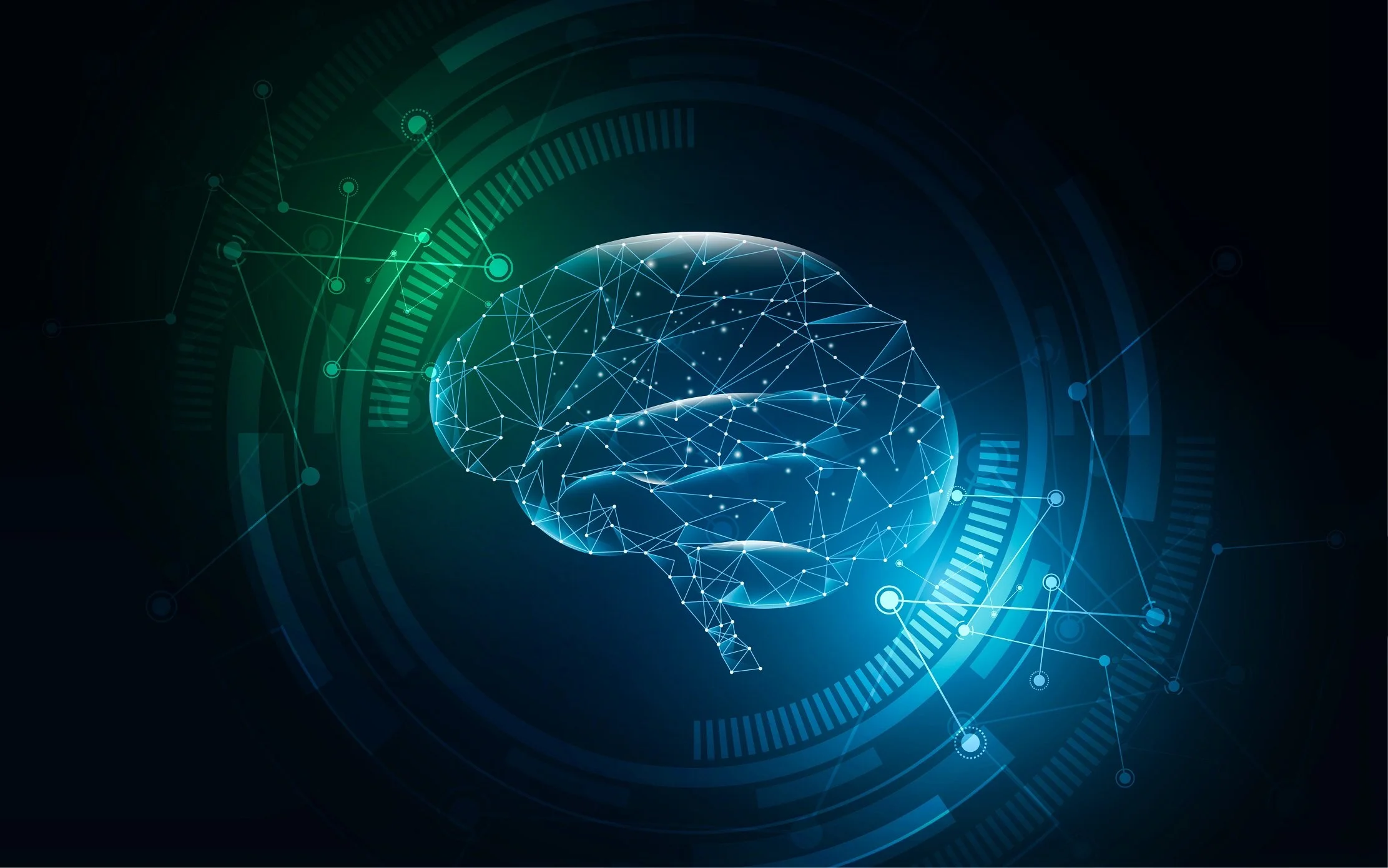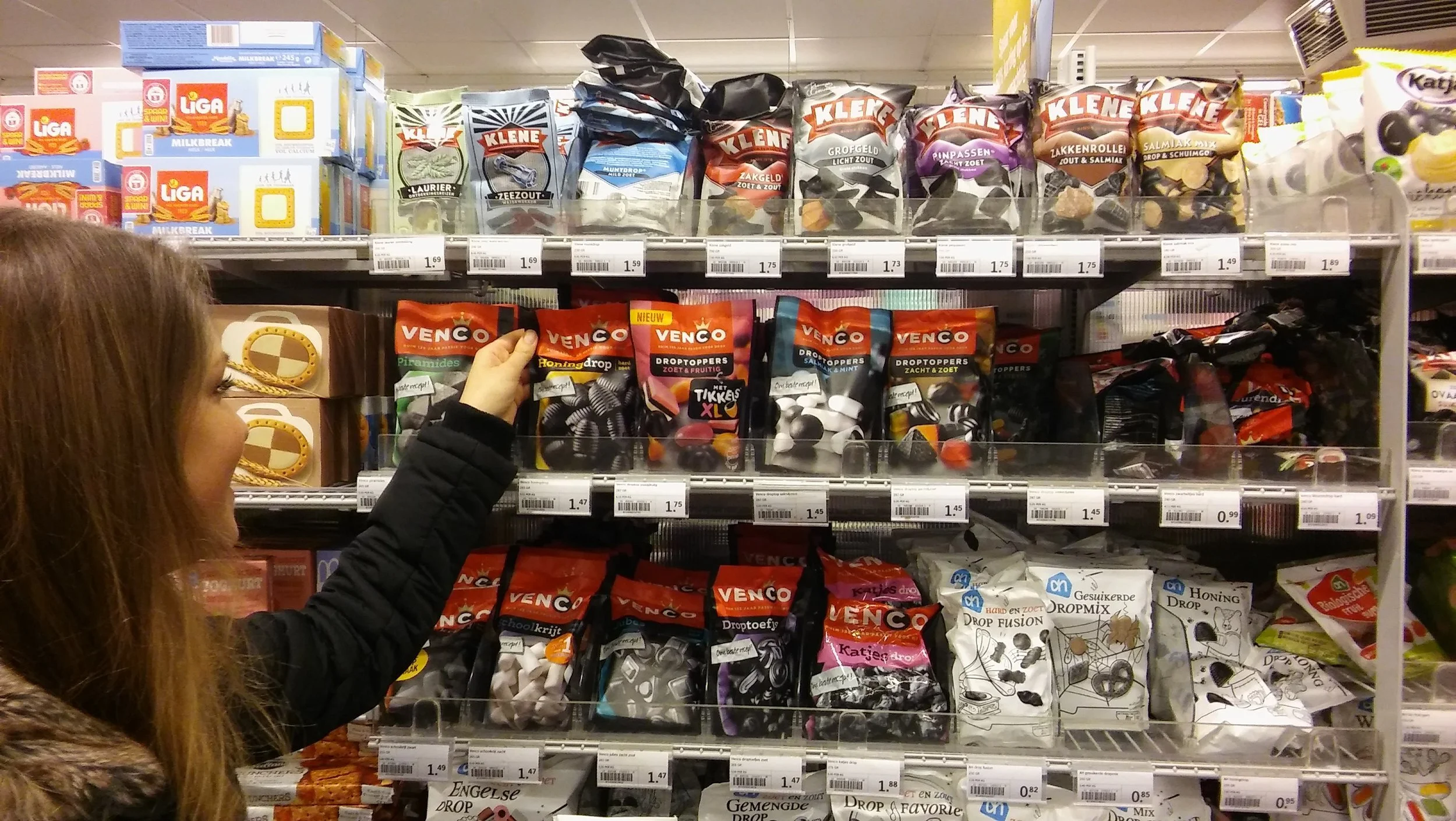The potential applications of bio-inks are countless. They range from converting 2D cell cultures in Petri dishes to more realistic 3D cultures, repairing or replacing damaged cells or tissues due to illness or injury, and growing 'mini organs-on-chip' to screen for new medicines.
How brains do what they do is more complex than what anatomy on its own suggests
The brain has always been a fascinating subject to scientists, as countless studies are done each year. However, how the brain works exactly mostly remains a mystery to this day. In this article professor of electrical engineering and bioengineering, Salvatore Domenic Morgera explains his insights and views on one particular conundrum within the enigma that is our brain, namely the relationship between the brain’s physical structure and its functionality.
Researchers plan investigate how well humans deal with the lack of physical connection we are currently experiencing
We are currently experiencing unique circumstances. Never before has such a diverse group of people (rich, poor, old, young, happy, unhappy, healthy, unhealthy male, female, etc.) been confronted with a prolonged deficit of physical contact. What are the effects of this phenomenon on our mental well being? Researchers aim to answer this question in a new study.













